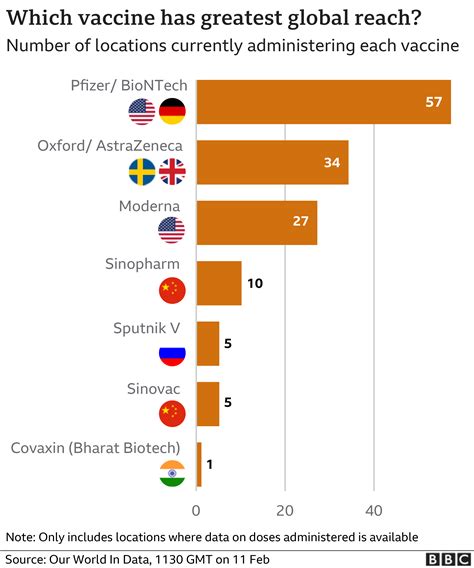Travel Vaccine Requirements

Introduction to Travel Vaccine Requirements
When planning a trip abroad, it’s essential to consider the health risks associated with traveling to different parts of the world. One crucial aspect of travel preparation is ensuring you have the necessary vaccinations to protect yourself against diseases that may be prevalent in your destination country. In this blog post, we’ll delve into the world of travel vaccine requirements, discussing the various types of vaccines, how to determine which ones you need, and the importance of consulting a healthcare professional before embarking on your journey.
Understanding Travel Vaccines
Travel vaccines are designed to protect against diseases that are common in specific regions or countries. These vaccines can be categorized into three main groups: routine vaccines, recommended vaccines, and required vaccines. Routine vaccines are those that are typically administered during childhood, such as measles, mumps, and rubella (MMR) and diphtheria, tetanus, and pertussis (DTP). Recommended vaccines are those that are suggested based on the destination country, such as hepatitis A and typhoid fever. Required vaccines, on the other hand, are those that are mandatory for entry into certain countries, such as the yellow fever vaccine.
Determining Vaccine Requirements
To determine which vaccines you need for your trip, you’ll need to consider several factors, including: * Your destination country * The length of your stay * The time of year you’re traveling * Your age and health status * Any pre-existing medical conditions You can consult the Centers for Disease Control and Prevention (CDC) website or the World Health Organization (WHO) website to research the vaccine requirements for your destination country. Additionally, your healthcare provider can help you determine which vaccines you need and provide guidance on any additional precautions you should take.
Common Travel Vaccines
Some common travel vaccines include: * Hepatitis A: recommended for travel to countries with high or intermediate risk of hepatitis A, such as Mexico, India, and parts of Africa * Hepatitis B: recommended for travel to countries with high or intermediate risk of hepatitis B, such as China, India, and parts of Africa * Typhoid fever: recommended for travel to countries with high or intermediate risk of typhoid fever, such as India, Pakistan, and parts of Africa * Yellow fever: required for entry into certain countries in Africa and South America, such as Brazil, Kenya, and Uganda * Rabies: recommended for travel to countries with high or intermediate risk of rabies, such as India, Thailand, and parts of Africa
Consulting a Healthcare Professional
It’s essential to consult a healthcare professional at least 4-6 weeks before your trip to discuss your vaccine requirements. Your healthcare provider can: * Assess your overall health and provide guidance on any necessary vaccinations * Administer the required vaccinations * Provide advice on any additional precautions you should take, such as using insect repellents or taking antimalarial medication * Help you understand any potential side effects of the vaccines
Additional Precautions
In addition to getting vaccinated, there are other precautions you can take to stay healthy while traveling: * Practice good hygiene: wash your hands frequently, especially after using the bathroom and before eating * Avoid close contact with people who are sick * Avoid eating undercooked or raw foods, especially meat, poultry, and seafood * Stay hydrated by drinking plenty of water * Use insect repellents to prevent mosquito-borne illnesses, such as malaria and Zika virus
Special Considerations
Certain individuals may require special consideration when it comes to travel vaccines, including: * Pregnant women: some vaccines may be contraindicated during pregnancy, so it’s essential to consult a healthcare provider before traveling * Children: some vaccines may be recommended for children, while others may be contraindicated * People with weakened immune systems: individuals with compromised immune systems, such as those with HIV/AIDS or taking immunosuppressive medications, may require special consideration when it comes to travel vaccines
💉 Note: It's essential to consult a healthcare professional before traveling to discuss your individual vaccine requirements and any potential health risks associated with your trip.
Staying Up-to-Date
Vaccine requirements can change, so it’s essential to stay up-to-date on the latest recommendations. You can: * Check the CDC or WHO website for updates on vaccine requirements * Consult with your healthcare provider to ensure you have the most current information * Consider registering with a travel health service, such as the CDC’s Travelers’ Health program, to receive updates on vaccine requirements and other health information related to your destination country
| Vaccine | Destination Country | Recommended/Required |
|---|---|---|
| Hepatitis A | Mexico, India, parts of Africa | Recommended |
| Yellow Fever | Brazil, Kenya, Uganda | Required |
| Typhoid Fever | India, Pakistan, parts of Africa | Recommended |
In summary, travel vaccine requirements are an essential aspect of planning a trip abroad. By understanding the different types of vaccines, determining which ones you need, and consulting a healthcare professional, you can ensure a safe and healthy journey. Remember to stay up-to-date on the latest recommendations and take additional precautions to stay healthy while traveling.
What is the most important vaccine to get before traveling abroad?
+
The most important vaccine to get before traveling abroad depends on your destination country and individual health needs. However, the yellow fever vaccine is often required for entry into certain countries in Africa and South America.
How far in advance do I need to get vaccinated before traveling?
+
It’s recommended to consult a healthcare professional at least 4-6 weeks before your trip to discuss your vaccine requirements. Some vaccines may need to be administered in a series, so it’s essential to plan ahead.
Can I get vaccinated at a travel clinic or do I need to see my regular doctor?
+
You can get vaccinated at a travel clinic or see your regular doctor. However, it’s essential to consult a healthcare professional who is knowledgeable about travel health and can provide guidance on the necessary vaccinations and precautions for your destination country.